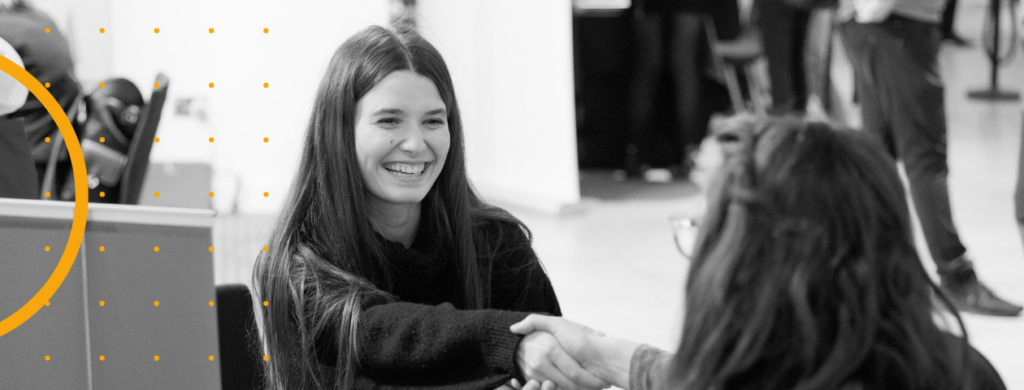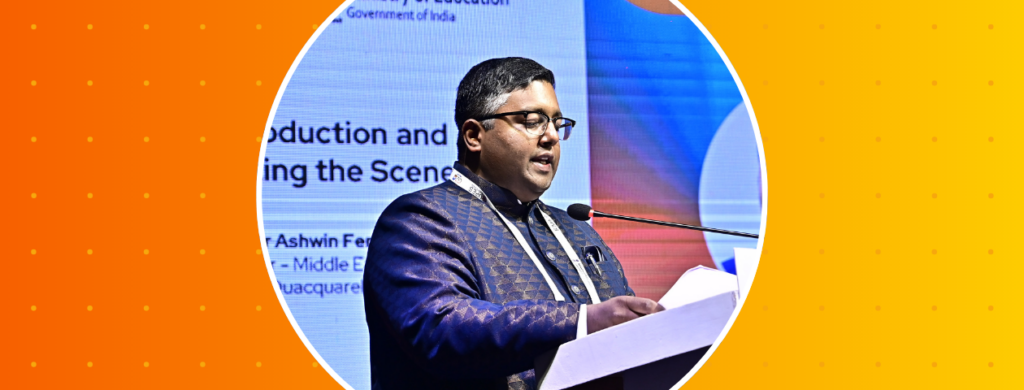How can graduates be better prepared for today’s employment market and what can universities do to address any skills gaps?
The coronavirus crisis is creating difficult conditions for university graduates entering the employment market.
Given the widespread financial impact of the pandemic, many businesses are cutting back on new hires, so graduates are entering an incredibly competitive employment market.
Alongside this challenging situation, many employers have raised concerns that graduates are missing crucial skills for the workplace, making it even more difficult for students to pursue their chosen careers straight out of university.
Much of the discussion on the 21st century skills gap has focused on the lack of soft skills in graduates, such as creativity, problem solving, motivation, and critical thinking.
A recent report by the Association of Public and Land-grant Universities (APLU) explores gaps in these graduate employability skills, “the non–technical skills used every day in the workforce to ensure the smooth operation of projects and offices.”
Some of the most common skills gaps identified by employers include recognizing and dealing constructively with conflict, accepting and applying critique and direction in the workplace, listening effectively, communicating accurately and concisely, and navigating change and ambiguity.
A survey conducted by the Financial Times reveals the key skills leading employers want from MBA graduates. These include the ability to work with a wide variety of people; time management and the ability to prioritize; understanding the digital impact on businesses; the ability to build, sustain, and expand a network of people; and the ability to solve complex problems.
These results raise important questions about the role higher education institutions should play in preparing students for the graduate employment market.
Should universities make employability their central focus or do employers need to accept a degree of responsibility for shaping new hires to meet their needs?
There is general acceptance that, while some skills will be learned or fine-tuned in the workplace, universities certainly play a role in equipping students with not only the technical skills required for their chosen career but the sought-after soft skills as well.
In fact, A Pass Education Group, creators of education resources for institutions, believe soft skills can be “seamlessly added to an existing curriculum.”
Steps that higher educations can take to better prepare graduates for employment include providing students with varied learning experiences, incorporating real-world scenarios in teaching, and cultivating a community of support and advice.
For an in-depth discussion on how MBAs can be shaped to meet shifting employer needs, please see Episode 12 of the QS In Conversation Podcast.
The topic, “The Future of MBAs,” will be explored with Sachin Tipnis, Senior Executive Director for the University of Hong Kong Business School.
Follow us on Spotify or Apple Podcast to receive notifications on our new episodes.



